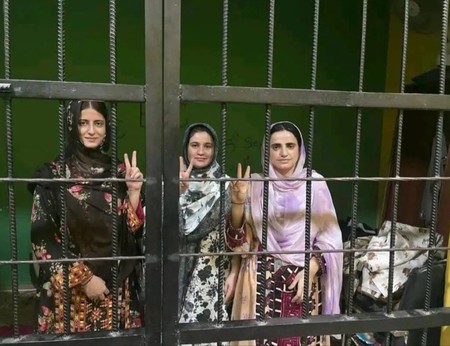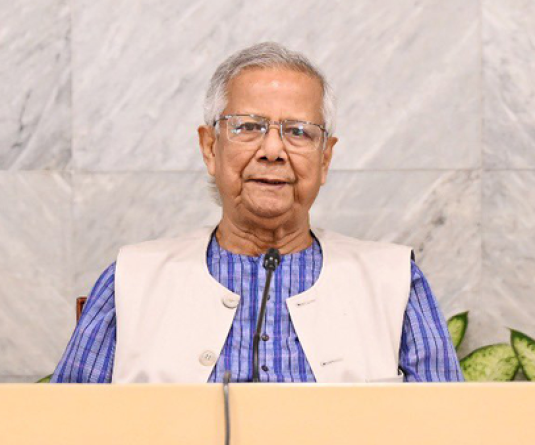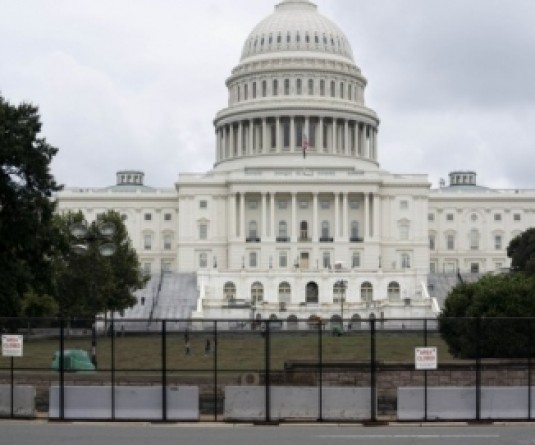Baloch activists Mahrang Baloch and others (Image Credit: X/@BalochYakjehtiC)

Quetta, Nov 7 (IANS) Pakistan has placed dozens of political and human-rights activists, including family members of enforced disappearances victims in Balochistan, under the Fourth Schedule of the country’s Anti-Terrorism Act, drawing strong criticism from civil society and rights groups, local media reported.
The Balochistan Home Department, in a recent notification, stated that the list was prepared to “improve law and order” and “monitor suspicious activities.”
The new list comprises Mahzaib Baloch, a human-rights activist and niece of forcibly disappeared political activist Rashid Hussain; Advocate Shahzaib Baloch, central organiser of the National Democratic Party (NDP); Imran Baloch of the Baloch Yakjehti Committee (BYC) Hub; and Arif Baloch of the Baloch Students Action Committee (BSAC), along with about 60 other activists and social figures, The Balochistan Post reported.
The Fourth Schedule introduced under Pakistan’s Anti-Terrorism Act of 1997 designates individuals as “proscribed persons,” subjecting them to restrictions including passports embargoes, frozen bank accounts, bans on financial support and credit, suspension of arms licences, and employment restrictions.
While the Fourth Schedule historically targeted “hardcore militants and members of banned organisations”, the rights groups claim that its use in Balochistan has expanded to include political workers, students, and human-rights defenders, describing it as a “troubling misuse” of anti-terrorism laws.
Meanwhile, Balochistan’s National Democratic Party (NDP) slammed the Pakistani authorities for placing political activists and human rights defenders under the Fourth Schedule, calling it “unconstitutional, undemocratic, and reflective of an authoritarian mindset.”
“This act is, in fact, an admission that the political and democratic forces in Balochistan have grown stronger than state repression. Whenever public consciousness gains momentum, the government resorts to tools such as the Fourth Schedule to criminalise political thought,” the NDP said.
Condemning the decision, human rights body Baloch Yakjehti Committee (BYC) called it an attempt to end the Baloch public struggle through the use of force.
“This action is not only illegal but also reflects a dangerous trend, through which an effort is being made to suppress peaceful political activities, silence legitimate differences of opinion, and criminalise those who raise their voices for human rights, justice, and political freedoms,” read a statement issued by the BYC.
“The names of hundreds of Baloch political and human rights workers, including those of the Baloch Yakjehti Committee's workers, have been added to the Fourth Schedule without any transparent proceedings, legal evidence, or fair judicial process. The names of more political workers are continuously being added to this list,” the statement added.
--IANS
int/scor/dan






